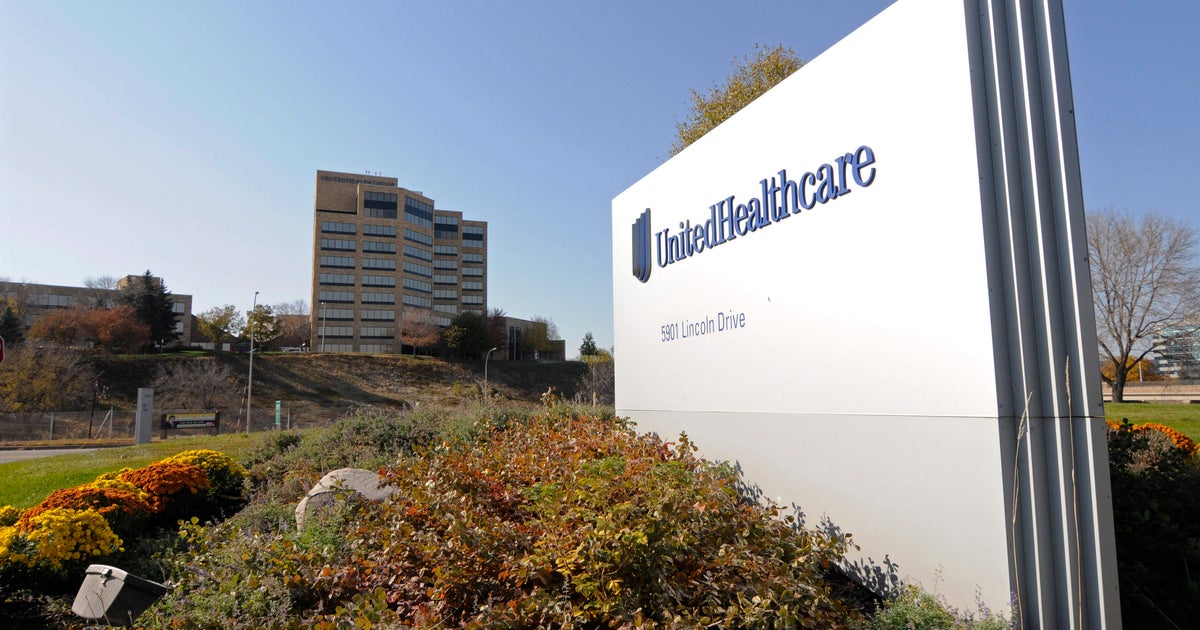One thing the Inflation Reduction Act may not do: Lower inflation
The Inflation Reduction Act is aimed at tackling a host of problems, from climate change to catching tax cheats, but there's one issue it may not solve: reducing inflation.
That's the conclusion of the Penn Wharton Budget Model, a group of economists and data scientists at University of Pennsylvania who analyze public policies to predict their economic and fiscal impacts. Its analysis, published Friday, comes as inflation remains near a 40-year high, crimping the budgets of consumers and businesses alike.
The Inflation Reduction Act would invest nearly $400 billion in energy security and climate change proposals, aimed at reducing carbon emissions by approximately 40% by 2030. It also would allow Medicare to negotiate with drugmakers on prescription prices, and would limit out-of-pocket drug expenses for seniors to $2,000 annually. The bill also directs $80 billion in funding to the IRS, aimed at helping the underfunded agency hire more auditors and beef up its customer service and technology.
But the impact on inflation "is statistically indistinguishable from zero," the Penn Wharton Budget Model said on Friday.
The legislation, which passed the House of Representatives on Friday and is headed to President Biden's desk to be signed into law, has wide-ranging goals yet does little to directly tackle the underlying causes of inflationary pressures pushing up the cost of everything from food to housing, the economists predict. Still, the bill could help some Americans lower their health care costs, through its provisions for seniors' prescriptions and another item that would lower what consumers pay for some Affordable Care Act plans.
The Penn Wharton Budget Model isn't alone in predicting that the Inflation Reduction Act won't measurably affect inflation, with the nonpartisan Congressional Budget Office concluding last week that the changes would have a "negligible" impact on inflation this year and next. However, the CBO expects the bill to help lower inflation in later years.
At the same time, the White House has trumpeted a letter signed by more than 120 economists, including several Nobel Prize winners and former Treasury secretaries, that highlights the bill's long-term effects, saying it would put "downward pressure on inflation by reducing the government's budget deficit by an estimated $300 billion over the next decade."
In theory, lower deficits can reduce inflation. That's because lower government spending and higher taxes, which help shrink the deficit, both reduce demand in the economy, thereby easing pressure on companies to raise prices.
Feeling the impact: Wealthy Americans
Even if the Inflation Reduction Act won't immediately lower inflation, the bill could have plenty of other impacts, from reducing government deficits to increasing the tax burden on wealthy Americans, businesses and shareholders, the Penn Wharton Budget Model found.
And Americans who aren't even born yet could reap the benefit through lower carbon emissions, the analysis noted.
"Most, but not all, of the tax increases fall on higher income households," the analysis said. "However, future generations, including higher-income households, gain from the improved economy, including a reduction in carbon emissions."
Americans in the bottom 20% of income earners would face an average increase of $5 in taxes next year, the analysis found. Overall, this group would bear just 0.4% of the tax burden from the Inflation Reduction Act.
But the top 0.1% of earners would shoulder the biggest tax load, with the typical increase amounting to $61,520 next year. Overall, this group of wealthy Americans would carry 26% of the increased tax burden from the bill's provisions, the analysis found.
The Biden administration has vowed that the bill won't raise taxes on households earning less than $400,000. The impact on wealthier households could come from a number of provisions, ranging from an increase of IRS agents who could target high-income households for audits to an increase in corporate taxes. The latter includes a new tax on share buybacks that would largely impact shareholders — or the type of wealthy Americans in the top income brackets.
Over the years, the Inflation Reduction Act should prove to be a positive, the Penn Wharton analysis noted. "In the long run, the Inflation Reduction Act leads to lower government debt, higher wages, higher total factor productivity and higher GDP," it said.
The Associated Press contributed reporting.



